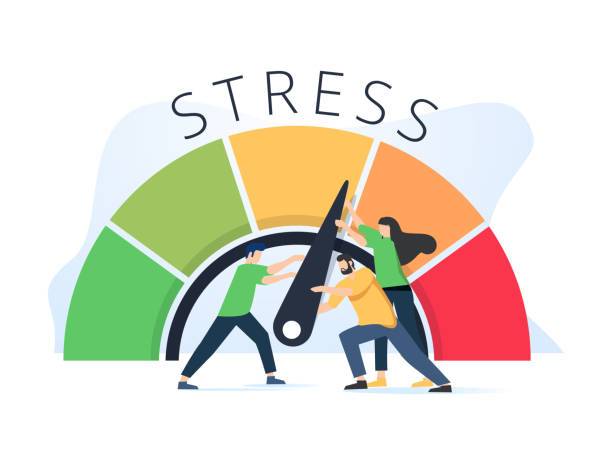The journey to a healthier you often leads down the twin paths of weight loss and weight management. But despite their seemingly similar goals, these two concepts are not the same. Understanding the distinction is crucial for anyone seeking long-lasting results.

The Fundamentals of Weight Loss
What is Weight Loss?
Weight loss refers to the process of reducing your overall body weight, primarily through the shedding of body fat and, to a lesser extent, muscle mass. The objective is usually to reach a specific goal weight, which often varies from person to person based on factors such as height, body composition, and lifestyle.
Keywords to Remember:
- Weight loss
- Body fat
- Muscle mass
- Goal weight
The Science Behind Weight Loss
Achieving weight loss usually involves creating a caloric deficit, where the calories consumed are fewer than those burned. This can be done through dietary changes, increased physical activity, or a combination of both.
Diving Into Weight Management

What is Weight Management?
Weight management goes beyond just losing weight. The aim is to maintain a healthy weight over a prolonged period. This involves not only shedding pounds but also keeping them off through balanced eating, exercise, and a sustainable lifestyle.
Keywords to Remember:
- Weight management
- Healthy weight
- Balanced eating
- Sustainable lifestyle
The Core Differences
Goals
- Weight Loss: Short-term or medium-term goal focused on shedding pounds.
- Weight Management: Long-term aim of maintaining a healthy weight.
Approach
- Weight Loss: Often involves drastic dietary changes and intense exercise routines.
- Weight Management: Focuses on a balanced approach that can be maintained over time.
Duration
- Weight Loss: Usually has a set timeframe.
- Weight Management: Lifelong commitment.
The Intersection: Can You Achieve Both?
Yes, you absolutely can. In fact, the most successful health journeys often incorporate both elements. Weight loss provides the initial results, and weight management ensures those results are sustainable. The trick is to transition seamlessly from one to the other, and to make both a part of your everyday lifestyle.
Tips for Balancing Weight Loss and Management
- Set Realistic Goals: Whether it’s losing 10 pounds or maintaining your current weight, setting achievable targets is key.
- Adopt a Balanced Diet: Incorporate a variety of foods rich in essential nutrients.
- Be Consistent: Consistency is key in both losing weight and keeping it off.
- Monitor Progress: Keep track of your weight, dietary intake, and activity levels.
Psychological Aspects
Don’t underestimate the psychological aspects of both weight loss and weight management. Stress, emotional eating, and mental health can significantly impact your journey. Consider mindfulness techniques and stress management strategies as part of your approach.

Conclusion
Weight loss and weight management may share some similarities, but they serve different purposes on your journey towards a healthier you. Understanding the nuances can help you achieve your goals more effectively and sustainably.

